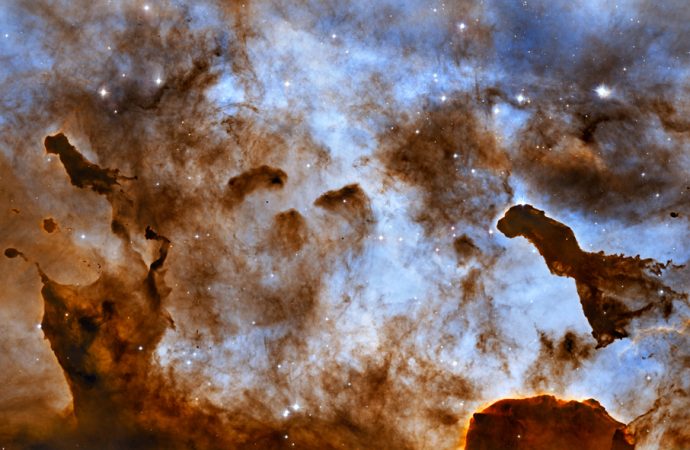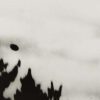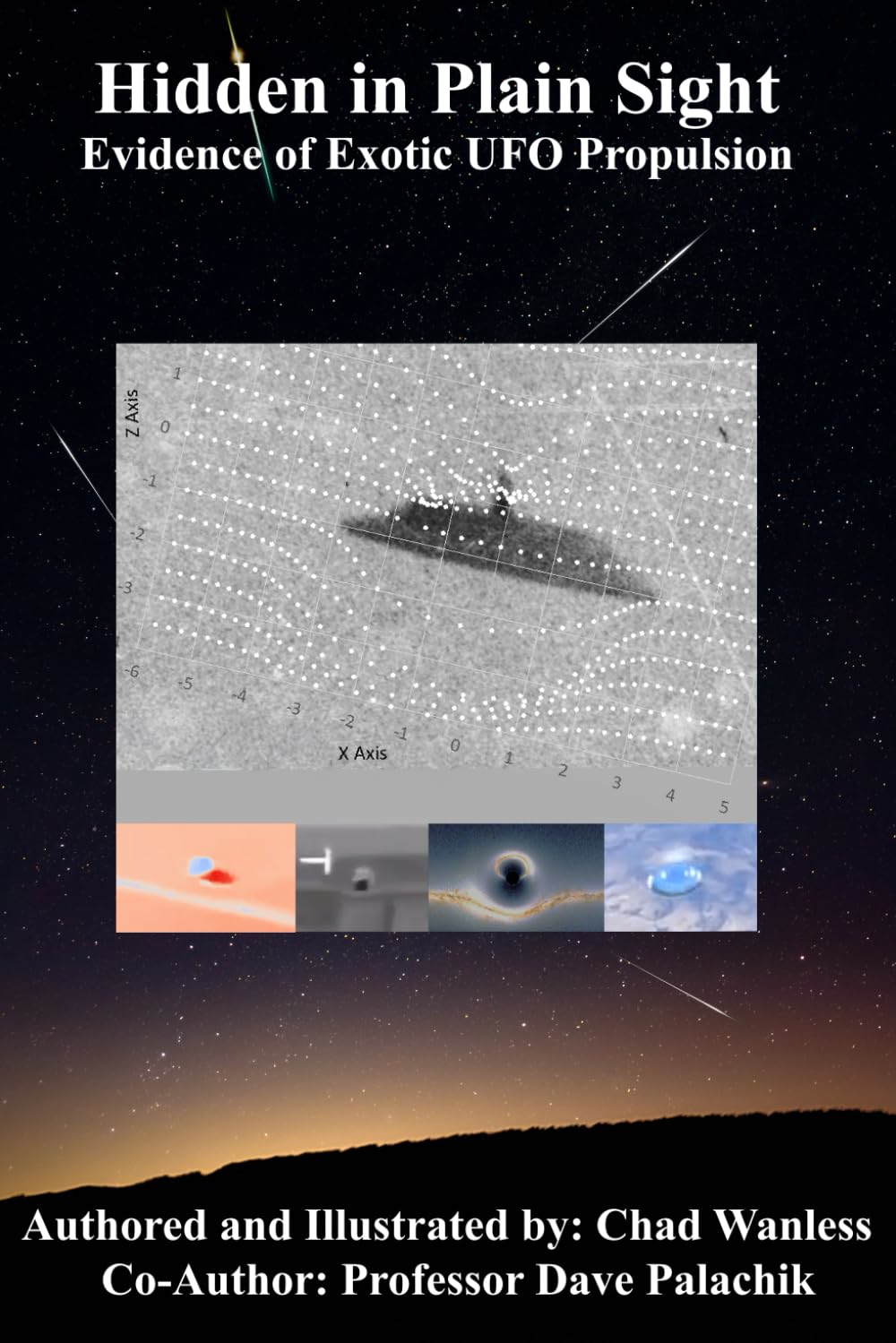Space is beautiful. These are nine images of the most beautiful sights we have of space that people have taken pictures of.
The visible space is big, complex and can be incredibly beautiful. This list of 9 pictures gathers the most beautiful images of our universe I could find. Even though these pictures taken from space may look like surreal landscapes, they are not entirely created by computer. Note that for some images, infrared electromagnetic waves have been transmitted over the visible spectrum. The following images can be downloaded in high quality to be used as wallpapers.
The Carina Nebula

The Carina Nebula is a region of massive star formation in the southern skies. This panorama of the Carina Nebula was taken in infrared light using the HAWK-I camera on ESO’s Very Large Telescope.

This is also the Carina Nebula. It was taken by a team of astronomers with Hubble’s cameras. It is a 50-light-year-wide view of the central region of the Carina Nebula where a maelstrom of star birth – and death – is taking place.
Black Hole Outburst in Galaxy M83

Messier 83 (also known as M83 or NGC 5236) is a barred spiral galaxy approximately 15 million light years from Earth in the constellation Hydra. NASA’s Chandra X-ray Observatory has discovered an extraordinary outburst by a black hole in this galaxy.
Read more about Chandra’s space program: www.nasa.gov/chandra.
The Horse Head Nebula

The Horsehead Nebula is a cloud of ionized-hydrogen in the constellation Orion. These clouds are lit from within by young, hot stars. The interstellar dust absorbs the light from part of the ionized cloud creating this beautiful contrast.
Solar Flares

A solar flare is a sudden brightening observed over the Sun’s surface. This picture captured by the NASA’s Solar Dynamics Observatory illustrates one of these beautiful prominences. This phenomena sent out particles and a third radiation belt that traveled near Earth a few days later.
Small Magellanic Cloud

This Small Magellic Cloud is considered as a dwarf irregular galaxy. It has a diameter of about 7,000 light-years and contains several hundred million stars. This cloud is very small compared to the Milky Way, our 100,000 light years galaxy.
Hubble View of Messier 106

Messier 106 (also known as M106) is a galaxy in the constellation Canes Venatici. Its spiral structure is disk-shaped with dusty, curving arms. Its beautiful purple color is due to a water vapor megamaser.
Stephan’s Quintet

Stephan’s Quintet consists of a compact group of five galaxies which are going to collide with each other. These galaxies are interesting for scientists because of these collisions.
Source: Bt Images
































Leave a Comment
You must be logged in to post a comment.